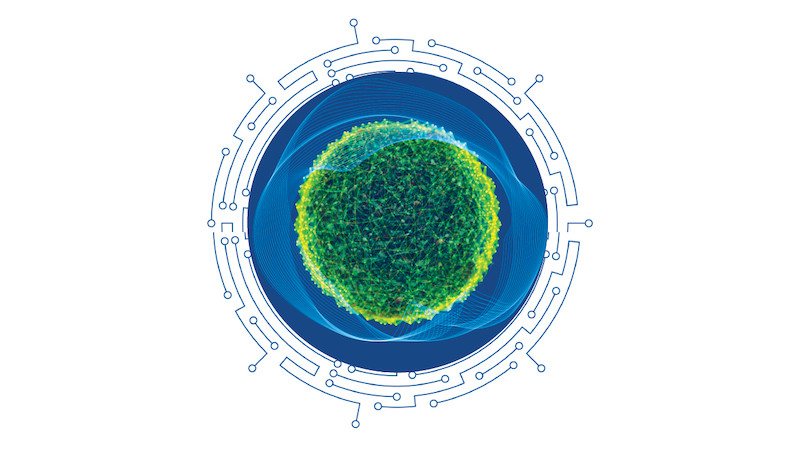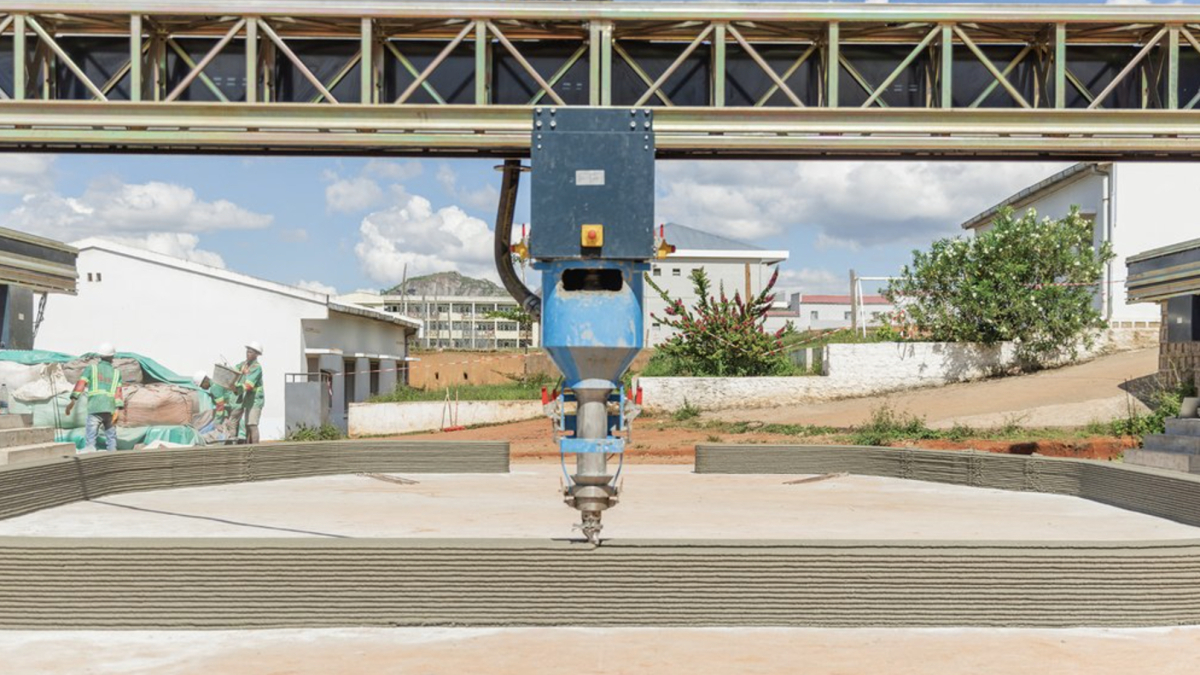Better than AI? Researchers develop novel organic intelligence
Researchers at Johns Hopkins University have developed an organic intelligence that works in a similar way to the human brain. However, the research is still in its infancy.
Artificial intelligence (AI) is currently on everyone’s lips. Because many large technology groups are increasingly focusing on the topic of AI in their products. Facebook parent company Meta recently presented its LLaMA artificial intelligence, for example, while Microsoft relies entirely on OpenAI’s ChatGPT and has integrated the AI into its Bing search engine.
But artificial intelligence also harbors risks. Because many people are concerned that AI could endanger their jobs in the future. At the moment, however, many systems are still error-prone, require a lot of electricity and also damage the climate due to their high energy consumption.
Organic Intelligence: Better than previous AI systems?
The Frontier supercomputer, for example, cost around 600 million US dollars and requires an area of around 6,800 square meters. Last year, the system reached the computing capacity of the human brain for the first time, but required millions of times more energy to do so.
The problem here is primarily less the potential of artificial intelligence and supercomputers, but their inefficient energy consumption. Researchers at Johns Hopkins University have therefore a new approach developed.
This is an organic intelligence, or OI for short. This consists of three-dimensional lumps of biological origin. The team continuously developed cells for this purpose and experimented with them. This resulted in small networks of neurons that can transmit information just as efficiently as our brain.
Source material comes directly from humans or animals
For their experiment, the scientists took cells from humans and animals and developed them back into stem cells. The programming of these stem cells created brain cells and, as a result, synapses. With their approach, the researchers hope to one day be able to develop more efficient machines.
So far, however, the research is still in its infancy. So it will probably be a while before concrete applications emerge. In addition to clarifying ethical questions, the researchers now want to first evaluate how they want to proceed. At the end of the development, however, there could ultimately be biological AI systems.
Also interesting:



